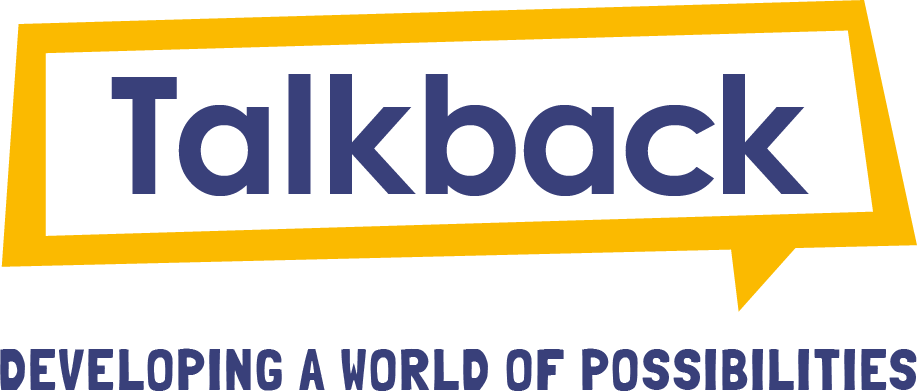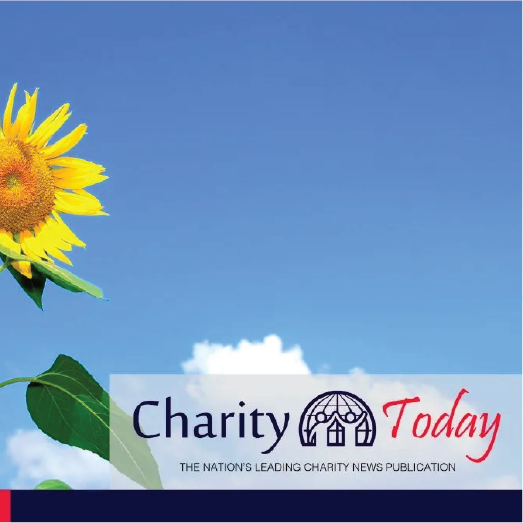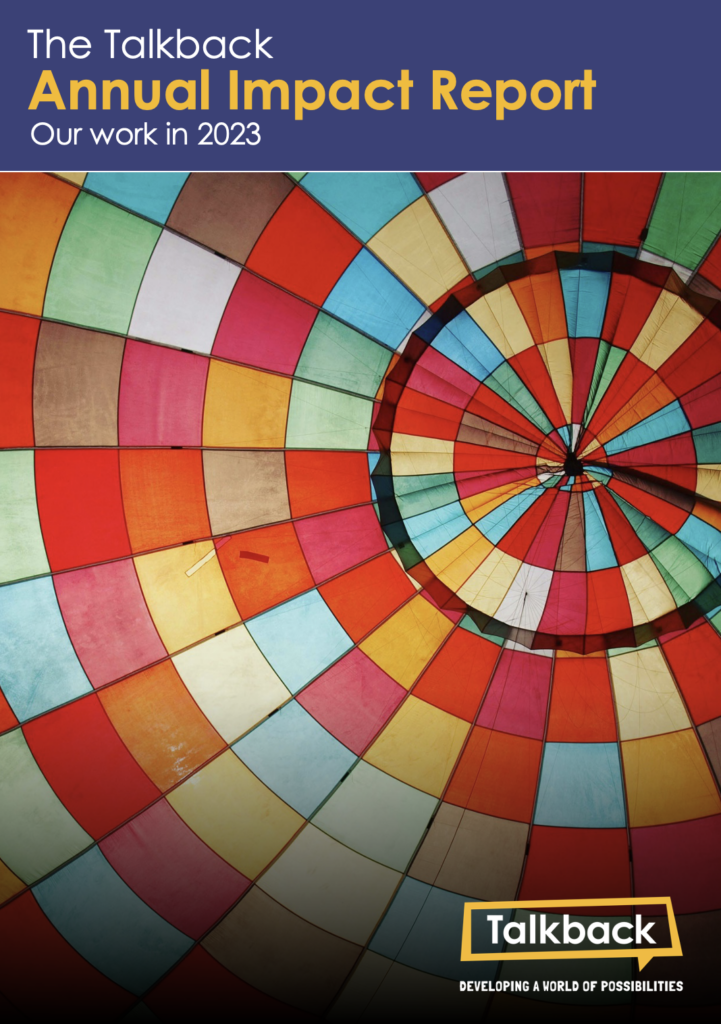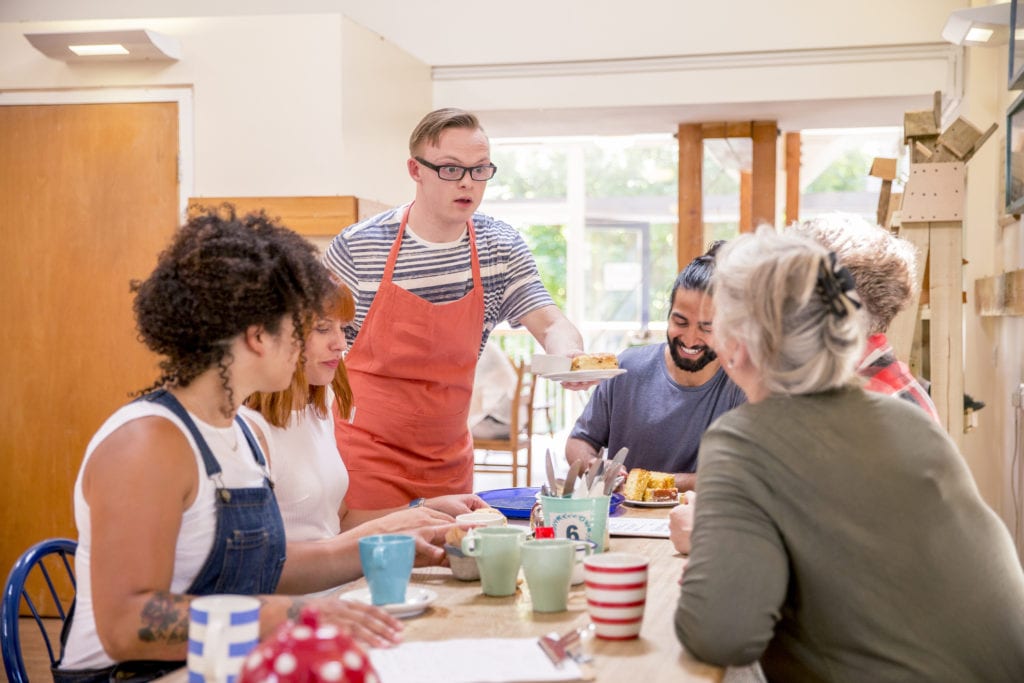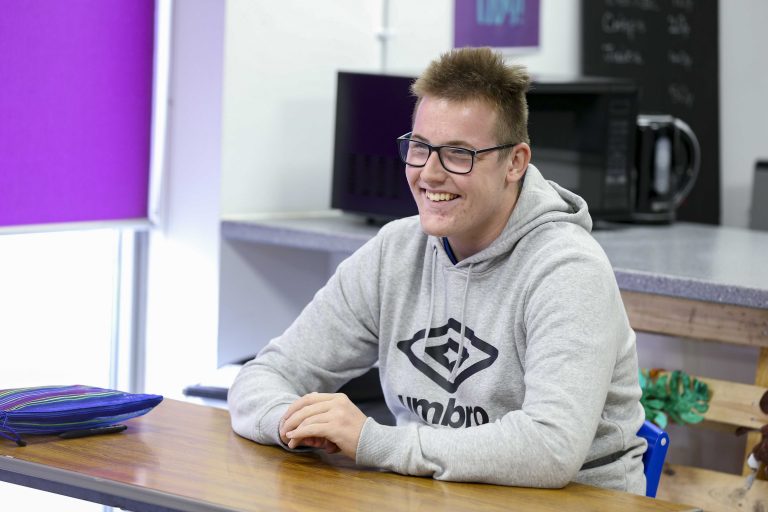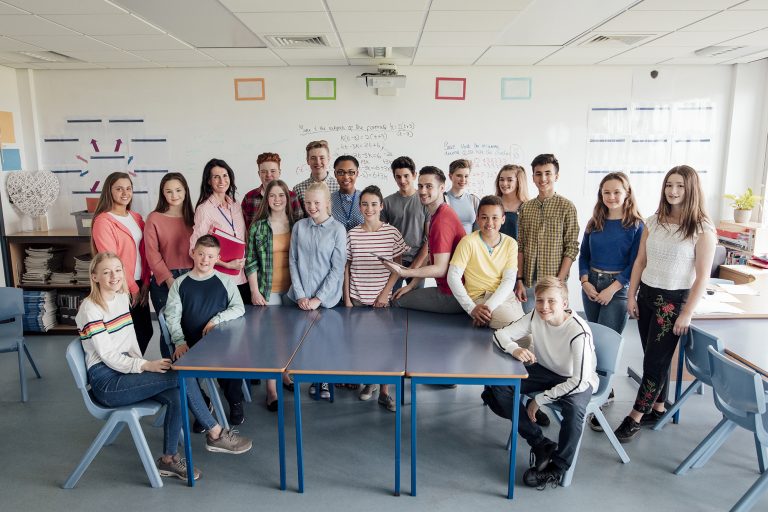The focus of this conference was on solutions and recommendations to pave the way for smoother access to services. CNWL want to continue to listen and learn from the experiences of autistic people and their parents. And, despite the harrowing tales we heard, the will to engage is very much alive, with plenty of reasons for optimism.
With temperatures plummeting due to lack of heating, the full auditorium was a testament to the dedication of the attendees, a combination of over 100 health professionals, managers and charities. But the floor belonged to the brave speakers, who shared their lived experiences and struggles, as autistic adults, to access appropriate mental health support.
During a thought-provoking day, we heard the heart-breaking experiences of Matthew, Amy, Karen and Orla. They spoke eloquently and honestly of the barriers they’d faced, of being passed around different services like a game of ‘referral hot potato’, and their battles to even obtain an initial diagnosis. They told of being pushed to the brink of oblivion, suicidal because they thought that no-one cared. Their resilience in the face of the utmost adversity was inspirational and engendered hope in all who listened.
There are unenviable tasks in the current climate – to manage limited budgets, allocate stretched resources, define parameters and determine who is and who is not eligible for support. For those whose job it is to pore over spreadsheets of facts and figures and make such decisions, there is a danger that the human beings who should be at the heart of the service can be lost.When discussing mental health we need to think about how people feel.
Let’s talk about the roller-coaster of emotions that these stories induced:
- Dismay – that initial diagnosis of autism is so hard to access for so many people. All who spoke didn’t get their diagnoses until adulthood.
- Anger – that people are pushed to such desperation, their cries for help ignored or referred to other agencies. Karen’s experience, for instance, included the responses – ‘too complex’, ‘we can’t help you’, ‘there are no services in Milton Keynes that would be suitable’.
- Frustration – at a system without the flexibility to collaborate and find the right solutions for the individual. Research by Autistica shows that eight out of ten people with autism have mental health problems. Yet, people with a dual diagnosis are often left to make sense of their issues without the necessary support.
- Baffled – by the sheer size of the problem. So many people with mental health issues in the Milton Keynes area are served by so few psychologists, plenty more on the waiting list and driven by unrealistic targets. With the pressure of workloads like that, the psychologists probably need psychologists.
- Inspired – by the courageous individuals who stood before a room full of professionals and moved us all.
- Hopeful – that the issues are recognised and that everyone at the conference wanted to make a difference. There was a real appetite from all involved to improve services.
- Knowledge – that everyone in that room who heard those stories will do things differently. That each of us can help in a small way.
Partners and parents all spoke about their own battles to get support for their loved ones and the devastating impact on families. Orla, a parent who is herself autistic, demonstrated remarkable resilience and perseverance to get the right provision for her children.
Others also spoke about , a lack of understanding and acceptance within the family, until the individual has to face things alone. Such unnecessary suffering, when Matthew, Amy, Karen and Orla are all in a better place now, having gained the support they deserve through Talkback and others. The support they should have the right to expect.
There’s a long way to go, but the first steps have been taken.
Dr Stephanie Oldroyd, Clinical Director of Mental Health Milton Keynes at CNWL, said: “We need to keep telling the same story to different people. GPs must be invited to future events like this, as they are the first point of contact for most patients. This should be a partnership, building trust with all interested agencies on the journey together. We should have targets of quality within sessions, compassion, professionalism and integrity, to make the patient feel important and heard.”
It’s impossible to convey here the emotional impact of the individual stories we heard. But let us put aside the human element for a moment and consider the bottom line for the bean counters – how much would it cost to do this properly at a time when the NHS is struggling to provide basic services?
Perhaps the question should be – how much would it cost to not do this properly?
One lesson from this Think Autism Conference was that when an issue is ignored or passed on because it doesn’t fit the service’s criteria, it becomes more and more complex until it reaches crisis point. Far greater resources are then required to unravel the problem, then if we’d listened in the first place. Each person is different and no one fits into neat and tidy boxes of autism or mental health. There is a significant overlap in so many cases.
Surely it’s more cost-effective to allocate funds into early diagnosis, backed up by a holistic multi-agency approach to more bespoke support. To empower happier, healthier people, who go on to make their own unique contributions to society.
As we emerged into a frozen world, we reflected on a poignant, but ultimately positive day. The last word should go to Matthew – ‘If we can work together in one city, I am hopeful we can one day change the entire country’s views on autism.’
With thanks to the following people and organisations, without whom this remarkable day wouldn’t have been possible:
Dr Stephanie Oldroyd – Clinical Director Mental Health Milton Keynes – CNWL
Nav Ranautta – Clinical Effectiveness Coordinator – CNWL
Simon Steed – Your Voice Engagement Manager – Talkback
